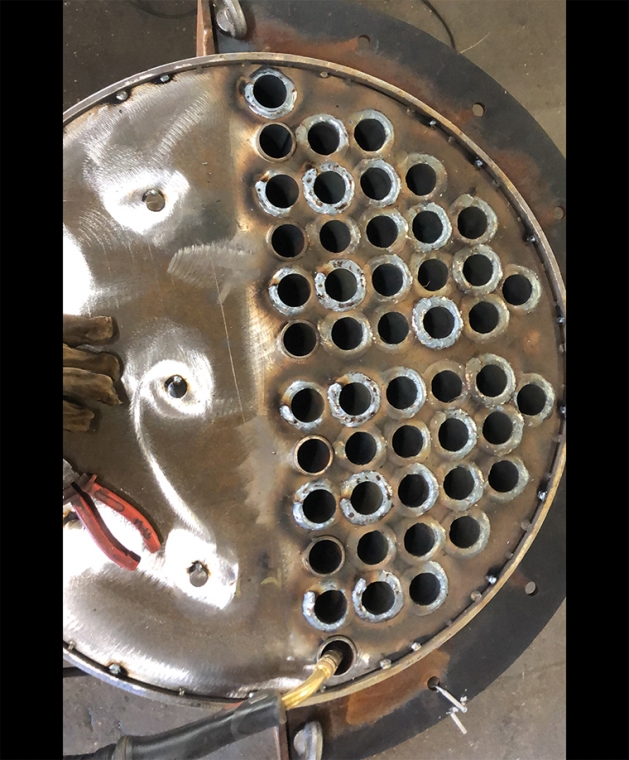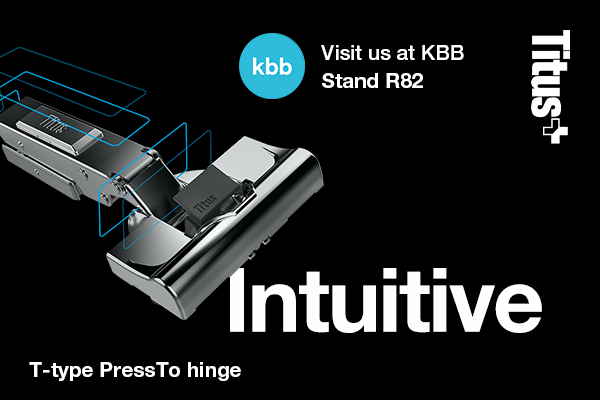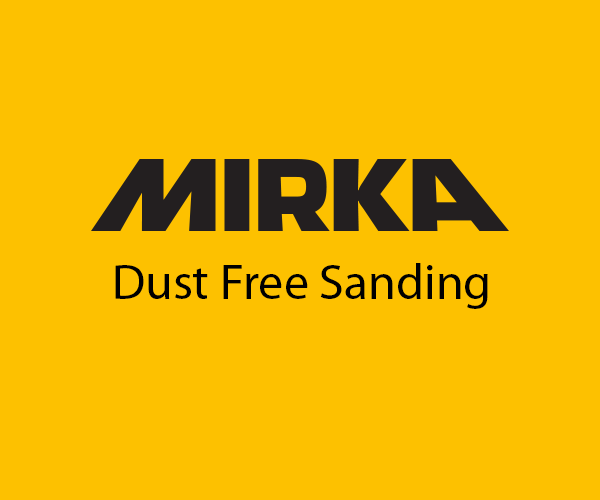Replacement Ranheat Boiler and ceramic filter in purpose made building, but re-using existing extraction and storage silo from “other” manufacturer that the boiler had failed
.
Chris Franklin, MD at Ranheat Engineering – a leading UK manufacturer of wood combustion equipment – continues his series of exclusive articles for Furniture & Joinery Production. In this issue, he looks at some of the problems that have previously occurred and those that still exist with plants on the NDRHI. (Non-Domestic Renewable Heat Incentive)
The Non-Domestic Renewable Heat Incentive (RHI) closed for new applications in 2021. The scheme started in 2011 and would make payments for 20 years for producing heating using Biomass renewables. For many within the UK woodworking industry, the scheme still has many years of payments to go.
In the early days of the RHI it seemed as if Ofgem (who administers the scheme on behalf of the Government) just wanted as many people on the scheme as quickly as possible. This was to get the scheme up and running. It is also likely they were not aware of the permitting regulations covering the burning of wood “waste”.
Many companies and agents of wood-burning equipment manufacturers (particularly non-UK-based companies) did not make their customers aware of the rules and regulations (or did not know themselves) associated with installing a wood waste-burning boiler in the UK. Industrial wood waste is regulated differently to wood pellets and wood chips, which are considered wood fuel, and not a waste. They become a “waste” when they are a by-product of a wood manufacturing or wood machining process.
Many of these imported boilers were in fact pellet burning boilers and not designed or able to burn extracted wood-waste from man-made boards such as Chipboard MFC and MDF.
Ofgem realised that it had allowed unsuitable equipment onto the scheme that did not meet the legislative limits already in place, including the need for local authority permits and independent testing being carried out. (Plants burning more than 90kgs per hour)
In Northern Ireland, the RHI scheme was implemented with many serious flaws, allowing business owners to make a profit from heating properties that were previously unheated. Often the buildings were not occupied or even used. The political fallout led to the Renewable Heat Incentive scandal. The scheme was closed completely for new applicants from the 29th of February, 2016. The scheme in Northern Ireland was labelled the “Cash for Ash Scandal” and had serious political implications for the politicians involved.
Now, the entire UK scheme is also closed to new applicants, and Ofgem are visiting accredited installations and carrying out compliance checks. If any of the permissions or permits are not in place, Ofgem is stopping payments under the RHI, as a non-compliant installation.

A non-Ranheat boiler being retubed and fitted with new end plates
So, what needs to be in place to be compliant with your local authority? And hence compliant with your ongoing obligations under the RHI?
Following is a list of requirements to remain in receipt of payments:
You must have planning permission for any industrial chimney or written proof of permitted development, from your local authority planning department. You must have submitted a chimney height approval form to the local authority as to the emissions from the chimney, the efflux velocity and the chimney height. You must have a permit to burn waste or have applied for an exemption if less than 50kgs per hour. Again, this applies to all sizes of plant. This can be as a SWIP (small waste incineration plant) up to 90kgs per hour. Over this size you need a full part B permit, and the boiler must be tested annually by an accredited test house. All wood waste, even virgin timber, needs a permit to burn waste, if the wood waste is a by-product of a wood machining or manufacturing process. No wood containing Halogenated Organic compounds or heavy metals can be burnt. (Normally these are only found in demolition timber) All heat meters must be re-calibrated every 10 years or be replaced. Ofgem has recently sent out communications that require every RHI participant to recalibrate all heat meters at least every 10 years (or in line with the manufacturer’s instructions where available, whichever is sooner). The 10-year start date begins from when your meters were first installed, most recently recalibrated or replaced. To comply with this requirement, you can choose to either recalibrate or replace your meter. Failure to comply will be considered a breach of your ongoing obligations and could result in payments being suspended or permanently withheld.Any deviance from the above will result in RHI payments being stopped until the installation becomes compliant.
All Ranheat installations on the RHI are already fully compliant. Ranheat also includes – free of charge – the help needed with permits and permissions. It’s included with the service that Ranheat gives to its customers. This avoids the need to employ expensive “consultants” or so-called “experts”, many of whom have no formal qualifications.
Not all the companies selling Biomass equipment made their customers aware of the need for permits and permissions. The need for permitting came into force in 1990, so it has been a requirement for 33 years.
Chris Franklin, of Ranheat Engineering, has been in the industry for almost 40 years, so grew up with the legislation.
The other problem is that some of the equipment supplied will not last the 20 years of the scheme. In many cases, the original supplier has closed down or is unwilling or incapable of carrying out repairs.
The scheme allows you to repair a boiler, or if not viable replace it with another better-quality make. If replacing a boiler, the installation then must meet the emission requirements in place at the close of the scheme, not the requirements in place at the time of joining the scheme. This can often prove expensive, but it does however mean that the RHI payments will be re-instated. The payments not made during non-compliance periods are lost forever and cannot be claimed back.
So, what has replaced the NDRHI?
The answer is nothing – there is currently no financial incentive from the Government. However, ever-rising energy bills and landfill costs continue to make the installation of a wood-fired heating system very attractive to anyone who has an on-site supply of wood waste.
The only difference without the RHI is that you don’t need to fit heat meters and you can install warm air variants as well as boilers. However, you are still legally required to obtain planning, chimney height approval and permits to enable you to legally burn wood-waste.
For further information on all types and sizes of Industrial Woodburning equipment, from 150 kW upwards, contact Ranheat on 01604 750005, email [email protected] or visit www.ranheat.com.
Ranheat also make spares and service and repair other makes of wood-burning boilers and heaters.









